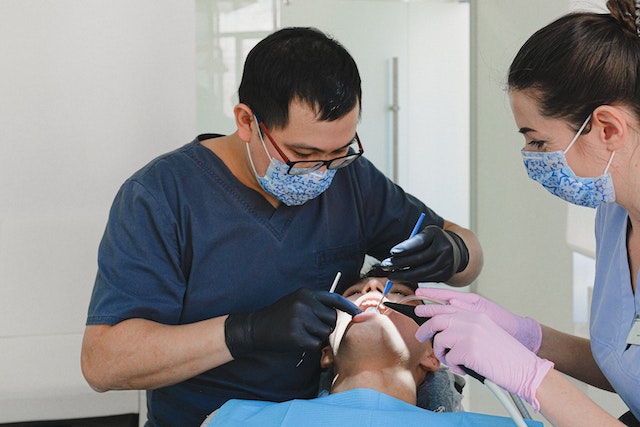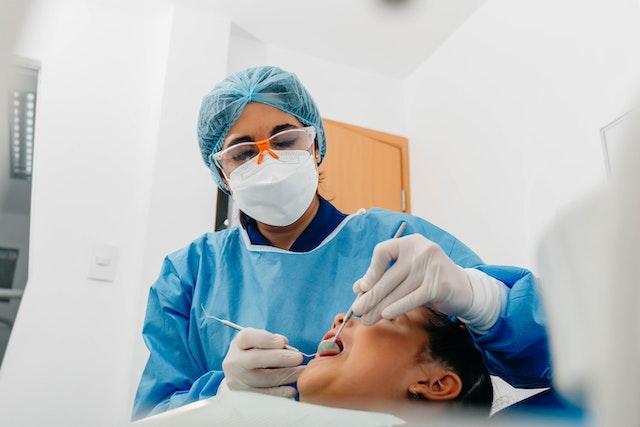Tooth extraction is a common dental procedure that is carried out to address many oral health issues. Some examples of these issues are crowding of teeth, tooth decay, trauma and gum disease. A tooth extraction is a routine procedure and it is generally safe but there can be complications that can come up before, during and after the procedure.
You can visit The Brighter Smile Dental Blog to learn more about oral health and how you can prevent dental issues. A common complication that is associated with tooth extraction is dry socket. This is quite a painful condition and this is characterised by the loss of blood clot from the extraction site. This will explore the underlying bone and nerves. This will happen a few days after extraction and cause a lot of pain. You will have an unpleasant taste in your mouth as a result of this and it can also cause bad breath. Some of the factors that can contribute to dry socket are traumatic tooth extraction, smoking, poor oral hygiene and the presence of an underlying infection. For treatment, the socket will be cleaned and the dentist will apply medicated dressings. You will also be prescribed pain medication to alleviate discomfort. Another complication is infection and this occurs due to bacteria contamination of the extraction site. Some of the factors that can contribute to this are a compromised immune system, poor oral hygiene and inadequate antibiotic prophylaxis. When treating an infection, antibiotics will be prescribed. The abscess will be drained and the extraction site will be irrigated to promote healing.

Sometimes, excessive bleeding can occur during or after tooth extraction.
This can pose a risk of haemorrhage and it can also prolong your recovery. Some factors that contribute excessive bleeding are use of anticoagulant medications, underlying bleeding disorders and traumatic extraction techniques. When bleeding occurs during the procedure, some of the methods used to control it are pressure, sutures and use of local haemostatic agents. And if this occurs after the extraction, pressure will be applied to the extraction site and gauze pads will be used. You will also be advised to avoid activities that can exacerbate the bleeding. Nerve injury can be quite rare but it is a serious complication of tooth extractions.

When there is a nerve injury,
You will experience tingling, numbness or altered sensation in your tongue, lips, chin or cheeks. Some of the factors that can contribute to a nerve injury are surgical trauma, anatomical variations and use of excessive force during the procedure. Oftentimes, a nerve injury can resolve spontaneously but when it is persistent, you will be referred to a specialist so that it can be evaluated further. When the extraction involves the upper molars, there is a risk of sinus communication. This can be due to excessive force during the extraction. Also, it can occur as a result of anatomical proximity of the roots to your sinus floor. Some of the symptoms of this are drainage of blood or fluid through the nose, nasal congestion and persistent discomfort.






